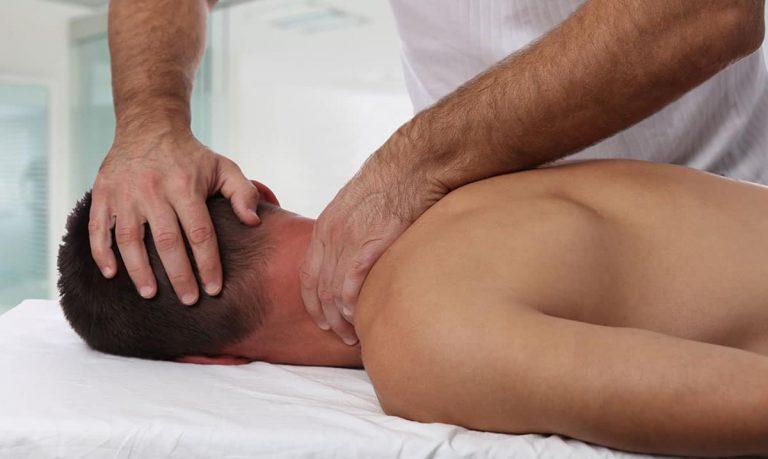
You have nerves connecting your brain, spinal cord, arms, and legs. These nerves send signals to your brain and vice versa. If something like cartilage, tendons, muscles, or bones pinches one of those nerves, your brain will be alerted to the problem, and you will experience symptoms like tingling, numbness, or pain.
The location of the pinched nerve will determine where you experience symptoms. Carpal tunnel syndrome, for example, results from a pinched nerve in the wrist, which leads to pain and tingling in the fingers and hand. A pinched nerve in your lower back can result in pain that shoots down one of your legs.
A pinched nerve is caused by surrounding tissue or bone applying pressure to a nerve. This pressure on the nerve can be the result of things like:
Symptoms of a pinched nerve can be made worse by certain movements and may include:
If you’ve ever experienced a pinched nerve before, you’re probably anxious for ways to prevent that from ever happening again. Ways to help prevent a pinched nerve include:
Some people are at a higher risk of developing a pinched nerve than others. Pinched nerve risk factors include:

While your doctor may be able to diagnose a pinched nerve with a physical exam, other tests may be required to diagnose a pinched nerve, such as:
Treatment for a pinched nerve often only requires rest, maybe with a brace or splint. In more severe cases, pinched nerve treatment may include:
A chiropractor can help relieve the pain of a pinched nerve by repositioning bones (especially if a bulging disc is the cause of the pinched nerve), reducing pressure on nerves, and relaxing muscles. Adjustments, acupuncture, and massage are all tools that a chiropractor may use to help treat your pinched nerve.
Click here or call Southside Chiropractic Car Injury Clinic today at 904-497-0823 to schedule a consultation to see if we can help relieve your pinched nerve symptoms.
It may be fairly common to identify a certain pain as a pinched nerve. But, you may not actually know the actual definition of a pinched nerve. Because colloquial and dictionary definitions tend to be quite different, it is important to define a pinched nerve here.
A pinched nerve is an injury where pressure occurs on a nerve. Nerves typically pass through extremely small spaces in our bodies. So if something is even slightly out of whack, they can get pinched. The pressure of a pinched nerve can be caused by a variety of things, including bones, cartilage, tendons, or muscles. A pinched nerve can happen to a single nerve or a group of nerves.
Pinched nerves can occur anywhere in your body. If there is a nerve there, it can get pinched. However, some locations are more common for pinched nerves than others. Our necks, backs, hands, elbows, and wrists are all common locations for pinched nerves.
If a pinched nerve goes untreated for a long period, it can cause permanent nerve damage and even leave to come nerve disorders like carpal tunnel syndrome and peripheral neuropathy.
Because untreated pinched nerves can lead to extremely serious health problems, it is important to recognize the symptoms. The sooner you recognize a problem, the sooner you can get help.
Common pinched nerve symptoms include the following.
These symptoms will likely occur every time you use the area of your body that has the pinched nerve. The symptoms may also only happen when certain movements are used. For example, if you have a pinched nerve in your elbow, you may only feel the pain when the elbow is extended.
As mentioned above, a pinched nerve occurs when pressure is put on a nerve. This does not usually happen in everyday life. Although you can get a pinched nerve from walking around or sleeping in the wrong position, often pinched nerves are the result of an injury. The common causes of pinched nerves are injuries like car accidents, repetitive motions in sports or hobbies, obesity, and arthritis.
Here is the most important fact. Once you know that your pain is caused by a pinched nerve, you will want to get the condition treated. Your best bet is to contact your chiropractor right away. At Southside Chiropractic Car Injury Clinic, we can help you heal your pinched nerve.
To treat your pinched nerve, our chiropractors will often recommend the following treatments.
Chiropractors will also manipulate your body to relieve the pressure on your nerve. A properly aligned body will heal faster and be much less painful. Contact Southside Chiropractic Car Injury Clinic today to learn how we can relieve the symptoms of your pinched nerve.